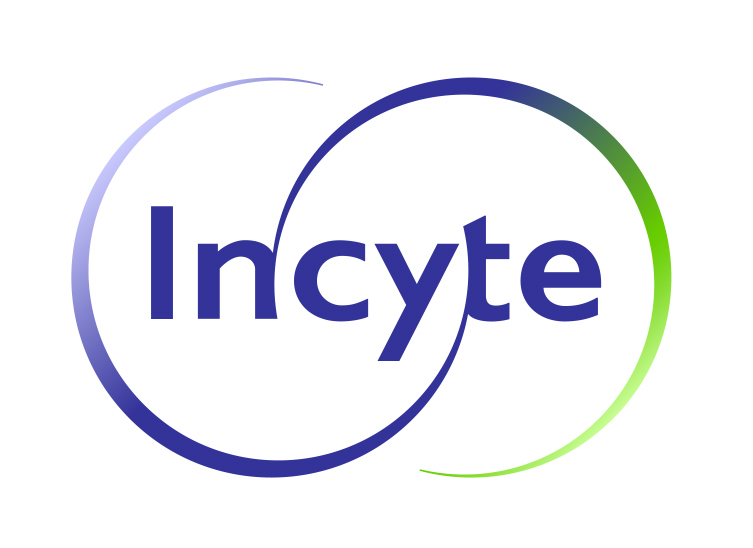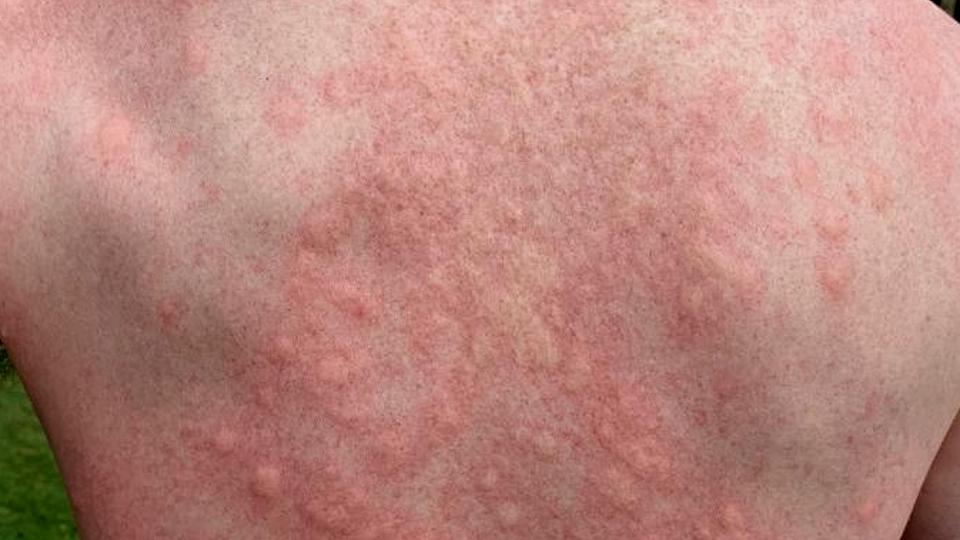Incyte leads JAK push into eczema as FDA clears Opzelura cream

The FDA has approved Incyte's Opzelura cream for atopic dermatitis, commonly called eczema, becoming the first and only topical JAK inhibitor registered in the US.
Opzelura (ruxolitinib) – which has been cleared to treat atopic dermatitis in adolescents and adults whose symptoms cannot be treated using other topical therapies – has beaten its orally-administered rivals to market for use in these patients.
However, despite being used on the skin rather than administered systemically, Opzelura has been unable to sidestep the FDA's class-wide warnings on safety, getting a boxed warning for serious infections and an increased risk of heart attack, stroke or cardiac death.
Analysts said that the warning, which follows an FDA review of the safety of the JAK inhibitor class, could put a brake on sales of the new drug.
Prior to the review it had been billed as a potential blockbuster with peak sales potential of $1 billion in the US alone – assuming it can also pick up an additional indication as a treatment for skin pigmentation disease vitiligo.
Its approval for atopic dermatitis was delayed by three months while the regulator completed the safety investigation, which focused mainly on Pfizer's oral JAK inhibitor Xeljanz (tofacitinib), used to treat arthritis and some other inflammatory diseases.
After the review concluded, warnings were added to the label of Xeljanz as well as two other oral JAK drugs for arthritis – Eli Lilly's Olumiant (baricitinib) and AbbVie's Rinvoq (upadacitinib) – which are currently waiting for FDA decisions on extending their use into atopic dermatitis.
Pfizer's Xeljanz follow-up Cibinqo (abrocitinib) was approved for atopic dermatitis in the UK earlier this month, its first market, but has also been delayed in the US by the safety probe. The FDA's action date on the drug was originally in April but has been pushed back twice.
European regulators have also already approved Olumiant and Rinvoq for the inflammatory skin disorder.
Incyte's JAK1/2 inhibitor is a new formulation of ruxolitinib, which has been available in oral form as Jakafi for a decade as a treatment for bone marrow cancer.
FDA approval for Opzelura is based on data from the TRuE-AD 1 and TRuE-AD 2 trials, which showed patients experienced significantly clearer skin and itch reduction when treated with Opzelura twice daily compared to a non-medicated placebo cream.
Significantly more patients treated with Opzelura achieved treatment success at week eight, with rates of 53.8% in TRuE-AD1 and 51.3% in TRuE-AD2, compared to 15.1% and 7.6%, respectively, for the control group.
Similarly, 52.2% of patients in TRuE-AD1 and 50.7% in TRuE-AD2 achieved a four-point or greater reduction on the itch Numerical Rating Scale (itch NRS4), compared to 15.4% and 16.3% for the non-medicated cream, respectively.
"It can be hard for people to fully appreciate how difficult AD can be and the tremendous impact it has on patients," said Julie Block, president and CEO of the National Eczema Association.
"The chronic itch is difficult to cope with and related sleep issues can be exhausting. Many patients and their dermatologists are looking for additional options to meet current unmet needs in the management of AD. The approval of Opzelura is exciting news, and we welcome a new treatment option for our community."
Opzelura has meanwhile already hit the mark in two phase 3 trials in vitiligo – TruE-V1 and TRuE-V2 – and is due to be filed for approval in this indication before the end of the year in the US and Europe.












